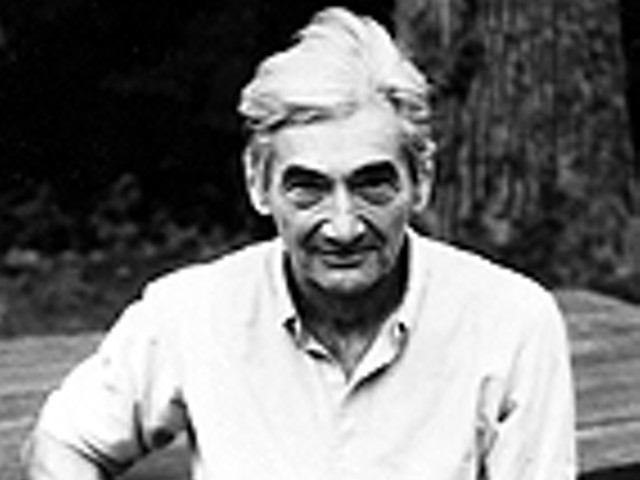When Peter Farrelly’s Outside Providence was published in 1988, reviewers and trend-spotters dismissed him as just another literary brat packer with a semi-autobiographical debut novel. They were seriously underestimating him.
Along with brother Bobby, Peter Farrelly would eventually find enormous success in Hollywood, writing and directing Dumb and Dumber (1994), Kingpin (1996), There’s Something About Mary (1998), and the forthcoming Me, Myself and Irene. His filmmaking experiences are reflected in Farrelly’s second novel, The Comedy Writer, which follows a novice screenwriter as he navigates the shark-infested waters of the movie industry.
While the Farrelly brothers were redefining the American movie comedy with their envelope-pushing gross-out epics, Michael Corrente became captivated by Outside Providence and began a decade long process to turn it into a film.
Like the novel’s central character, Timothy Dunphy, Corrente grew up during the 1970s in Pawtucket, Rhode Island, a past-its-prime blue collar mill town (unlike the middle-class Farrellys from nearby Cumberland).
When Dunphy gets sent to a posh Connecticut prep school, the resulting culture clash forces him to re-evaluate his dead-end life. Michael Corrente took a similar leap, leaving Pawtucket for New York to become an actor, playwright and director.
“I relate to him very much,” says Corrente of the character, “because I come from a sort of lower-class [background], six kids, Irish Italian, great family, a lot of love. I got through high school. Dunphy could end up making movies one day or becoming Peter Farrelly. A lot of these inner city kids, you get them through school, and watch what they turn into.”
Like the Farrellys, what Michael Corrente turned into is a filmmaker. He adapted his play Not For Nuthin’ into Federal Hill (1994), about a tightly-knit group of Italian American friends in Providence, and continued exploring male bonding in American Buffalo (1996), his searing film adaptation of David Mamet’s play.
In the end, it was the combination of his Rhode Island upbringing, filmmaking credentials and passion for the material that convinced the Farrellys that Corrente was the right person to direct the film adaptation.
“Peter’s a lot deeper than the sight gag stuff that [the Farrellys] do in their movies,” he says, “and Outside Providence is a great, touching, warm, funny book, which is what excited me about making the movie.”
The trio collaborated on the screenplay, and Corrente shifted the tone from the coming-of-age novel’s melancholy, meditative feel to an absurdly comic and ultimately more optimistic fish-out-of-water scenario.
“Part of the fun of the film,” he explains, “is that this kid who can just about put a sentence together gets plunked down into [a prep school], and he may as well be dropped on planet Mars. But although he doesn’t have the kind of money these kids have, he finds a way, and there’s hope for him at the end of this film.”
The adaptation process worked, Michael Corrente explains, because he and the Farrellys share a fatalistic comic streak that’s particular to those who grew up in the “dysfunction junction” of Rhode Island.
Which is why when he had to find a sad-sack pet for Outside Providence, Corrente cast his sister’s three-legged dog, Samantha, who caught a front limb in a tree branch while chasing squirrels.
The veterinarian wanted to put her to sleep, but Michael Corrente flatly refused. His explanation could have come straight from Dunphy’s mouth: “I called him and said, ‘If you had a choice between losing a limb and losing your life, you could call me Lefty’.”





